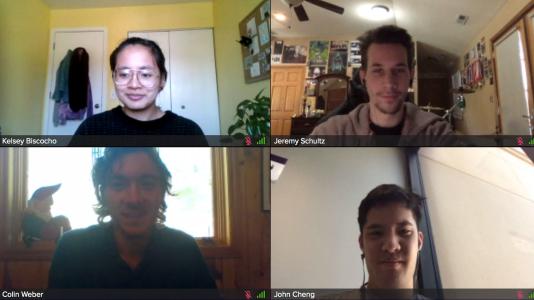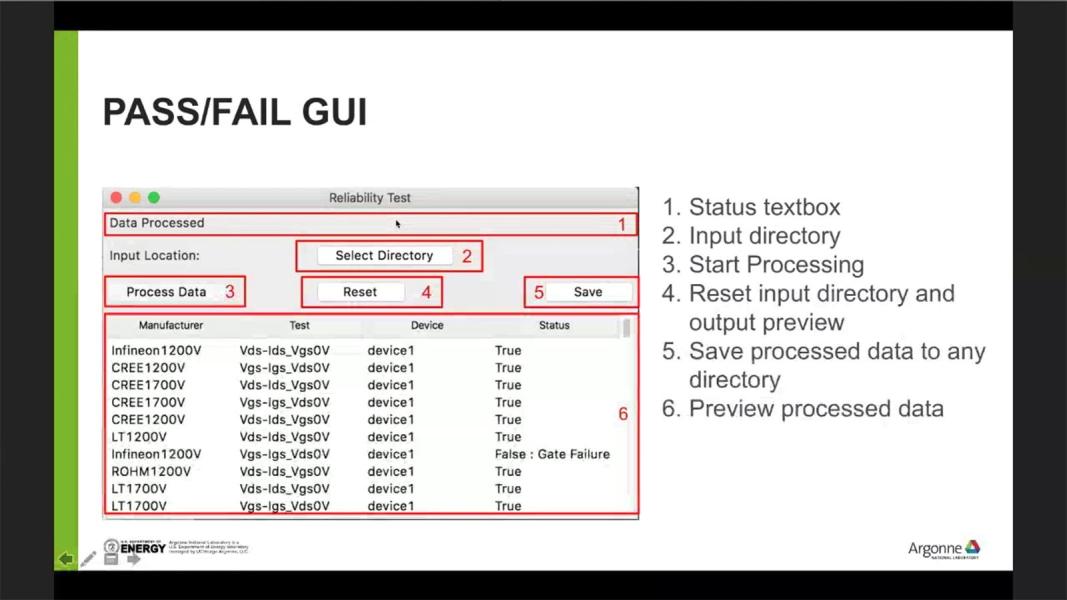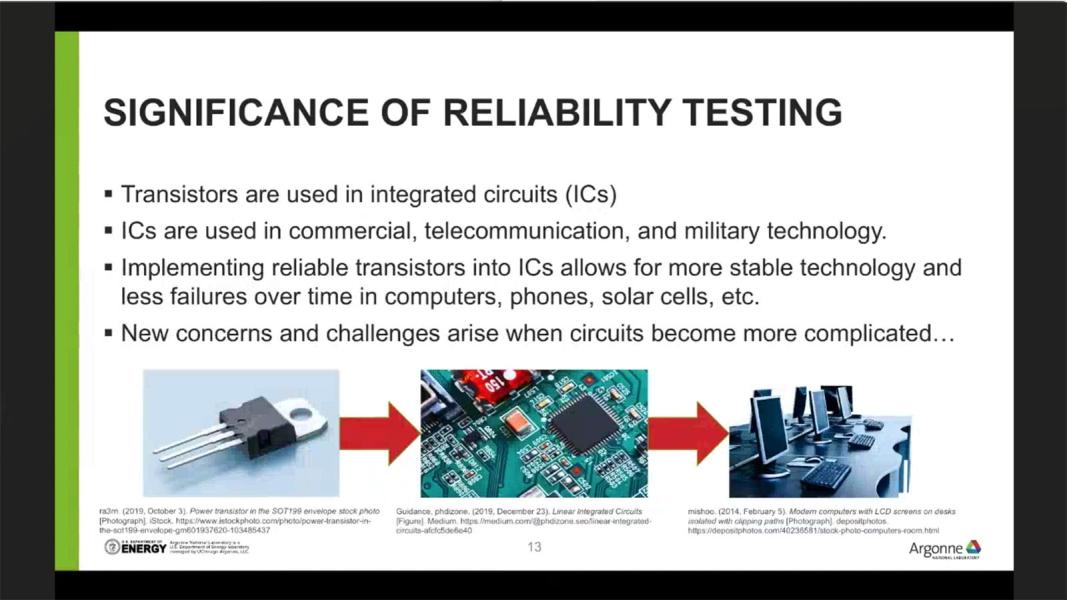
Fall 2020 undergraduate internships at the U.S. Department of Energy’s (DOE) Argonne National Laboratory culminated with a series of virtual presentations, demonstrating the interns’ potential as the next generation of STEM leaders. Taking place in early December, these presentations formed a crucial component in the virtual internship experience, as students applied and professionally communicated what they had learned during their semester-long research projects.
“The presentations given by our seasonal interns provide an opportunity for them to connect with other researchers around the laboratory in the context of science, and we are proud to continue this event,” said Rob Schuch, Argonne’s university student program coordinator. “The process of preparing and professionally presenting your work with others is an important part of growing STEM skills, especially as many of our interns are on the verge of transitioning from undergraduate studies to graduate school or careers.”
“Whether you’re going to grad school or not, these internships offer a wide variety of skills and knowledge that you can apply to the workforce or graduate school. If any student has the opportunity to be in these internships, it would definitely be worth their while.” — Jeremy Schultz, SULI intern
Argonne’s internships challenge students to problem-solve independently. Jeremy Schultz, a Science Undergraduate Laboratory Internships (SULI) intern from Purdue University Northwest, worked on power transistors for hardware cybersecurity, so he needed to learn advanced coding techniques. “I felt like there was so much to learn that I hadn’t even known existed before,” he said. “It opened up this whole world of learning, and I thought it was so enriching.”
Over the course of several days, the interns presented their work to the other interns as well as researchers and other staff members from across the laboratory — even friends, family members and university faculty joined the sessions. Regular practice with presentations during group sessions helped prepare students for giving professional presentations, with students readily able to answer questions.
“I feel more confident now,” said Eva Bucke, a SULI intern from the University of Illinois at Urbana Champaign. “I’ve been working on this so long, there’s no doubt that I know what I’m talking about.”
Even after their internships, students’ continued contact with Argonne staff members and each other will support their future journeys in graduate school and STEM careers. Moreover, many interns have extended their research with Argonne or reapplied for new internships at the lab. Schultz was accepted for the SULI Summer 2021 term. “I’m looking forward to not only continuing my research from before but also seeing where I can apply my skills to new research avenues,” he said.
All in all, students agree that Argonne’s internship experiences help foster students’ STEM pathways. “Whether you’re going to grad school or not, these internships offer a wide variety of skills and knowledge that you can apply to the workforce or graduate school,” Schultz said. “If any student has the opportunity to be in these internships, it would definitely be worth their while.”
This work was supported in part by the U.S. Department of Energy, Office of Science, Office of Workforce Development for Teachers and Scientists (WDTS).
Argonne National Laboratory seeks solutions to pressing national problems in science and technology. The nation’s first national laboratory, Argonne conducts leading-edge basic and applied scientific research in virtually every scientific discipline. Argonne researchers work closely with researchers from hundreds of companies, universities, and federal, state and municipal agencies to help them solve their specific problems, advance America’s scientific leadership and prepare the nation for a better future. With employees from more than 60 nations, Argonne is managed by UChicago Argonne, LLC for the U.S. Department of Energy’s Office of Science.
The U.S. Department of Energy’s Office of Science is the single largest supporter of basic research in the physical sciences in the United States and is working to address some of the most pressing challenges of our time. For more information, visit https://energy.gov/science.
Image Gallery


